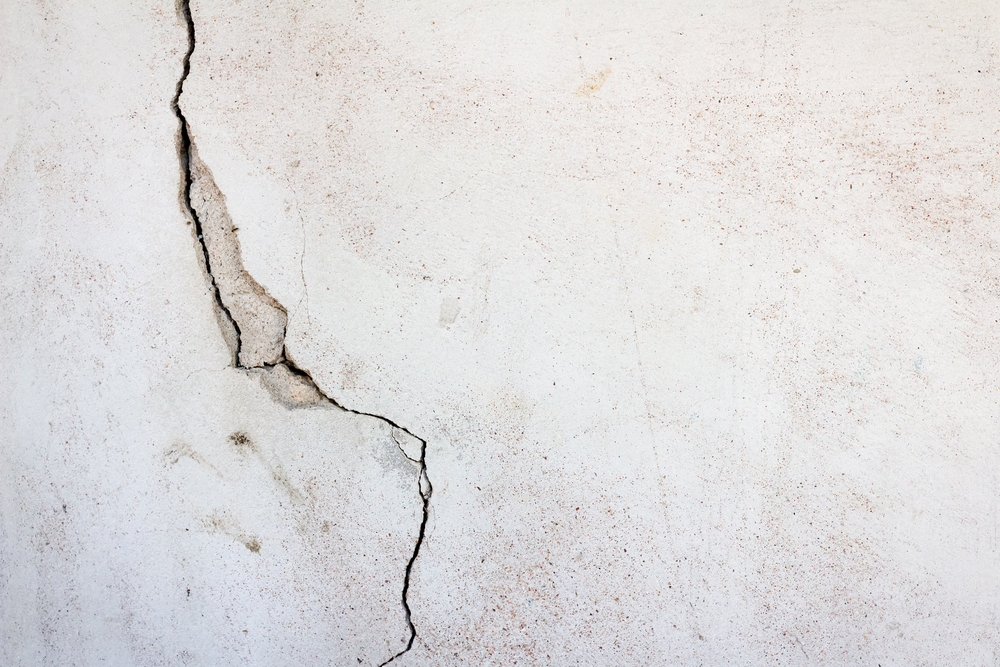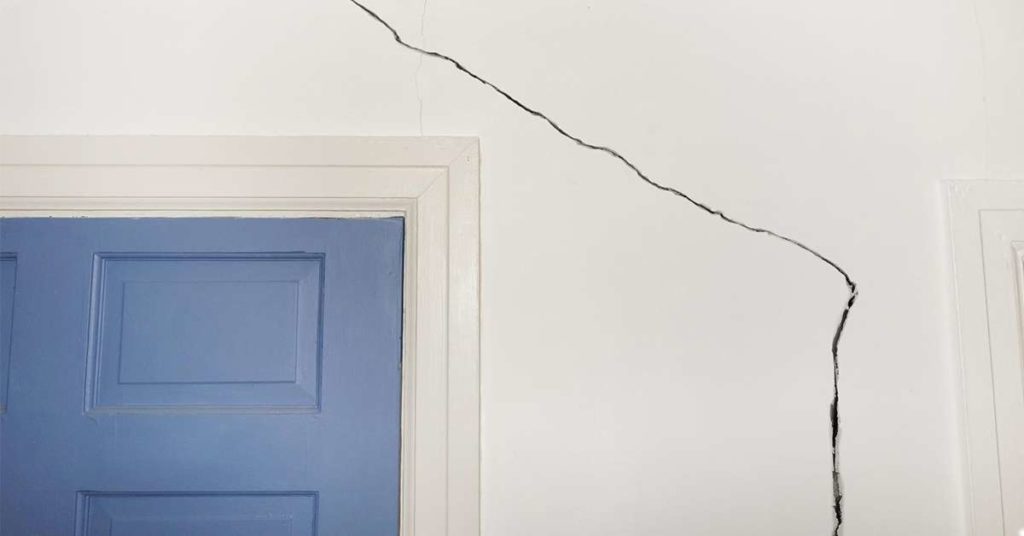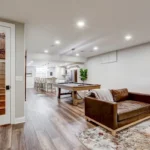Hey there! You’re probably here because you have a wall crack and want to know what you can do about it. That’s totally fine because you’ve come to the right place!
In this article, we’ll talk about all sorts of things related to wall cracks. We’ll go over what they are, why they happen, and what you can do if you have one. But most importantly, we’ll tell you how to prevent them from ruining your home.
What are cracks?
Cracks are fractures in your wall that can cause all sorts of problems if left untreated. They are typically caused by pressure on walls, which is why you may see them recurring in certain parts of your home.
If you’re wondering how big they can be, well, there’s no limit! However, most of them are small and barely noticeable, but there have been instances where they spread throughout the entire building.
Most property owners only worry about cracks in the walls, but these are not the only type of cracks that can appear. They may also show up on other surfaces, such as ceilings or floors, where they change names to ceiling cracks or floor cracks, respectively.
Why do they happen?
There are many reasons why cracks can appear, but most of them come down to pressure. So, your walls are bound to crack if the material used to make them isn’t strong enough to withstand the stress.
For example, if you have walls built out of brick or masonry, they’re more likely to crack than those built with concrete. This is because brick and masonry are softer materials that the elements can move around if they’re not built correctly or aren’t well maintained.
Thanks to their density, walls made of concrete provide a much stronger resistance to pressure. That means they are less likely to crack under stress because they are so much more pressure-resistant. However, this doesn’t mean these walls can never crack! Plenty of things may cause cracks in concrete, such as ground settling or erosion due to water damage.

What to do with them?
Depending on the type of crack, you may be able to fix it yourself or need a professional’s help. This is why we wrote this article because we wanted to provide as much information as possible so that you can make an informed decision.
When talking about wall cracks, there are two types of problems that you may encounter – cosmetic and structural. Cosmetic cracks don’t really affect the stability of your home, but they can be a big eyesore to look at. And you can get away with DIYing a fix for these cracks with inexpensive materials and tools (more on that later).
However, there’s also the chance that you have structural problems with your wall. This is when the crack causes severe stability issues in your home, and it’s best to get them fixed by a professional before they spread or do any major harm!
The material you are looking at determines what repairs can be done. For example, you can patch up cosmetic cracks with drywall compounds. This is a material that dries to form a solid surface and will make the crack disappear for good. However, this won’t work for structural damage. Most homeowners can do this repair themselves as it is also very easy to pull off.
Structural cracks are harder to fix but not impossible. The professional can either add concrete or epoxy resin over the crack and let it dry overnight. This will create a strong seal that prevents any further damage from happening.
There are other methods for sealing wall cracks, such as using special caulking materials meant specifically for this purpose. These usually come in a tube and are applied using a caulk gun. It is different from regular caulk because it is more flexible, so it can handle being used on joints that move frequently without breaking.
Bigger cracks are harder to fix as they require you to cut part of the wall or floor to create a stronger bond. To achieve this, the professional might need additional support using appropriate materials.
There are so many types of cracks that can appear on different surfaces, but they’re all fixable, provided your handyman has the right information. The important thing is to know what type of crack you have and which materials were used in its construction to do a proper repair.






